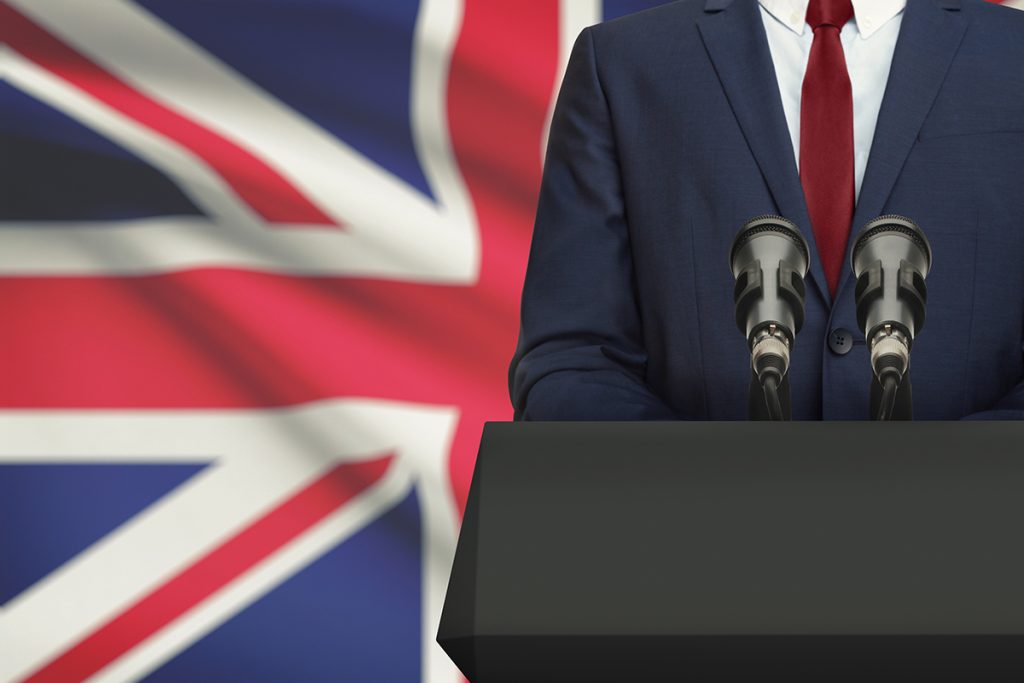In a heated exchange of pre-election rhetoric, Keir Starmer, the leader of the Labour Party, has accused the Conservatives of unveiling a manifesto reminiscent of the Corbyn era. Starmer’s criticism comes as Rishi Sunak, the Chancellor of the Exchequer, prepares to launch his party’s policy platform. According to Starmer, the Conservative proposals lack the meticulous costing and funding evident in Labour’s plans.
Taxation has emerged as a central battleground in the election campaign, with the Conservatives vowing to refrain from any tax increases while accusing Labour of harboring such intentions. However, Starmer has firmly stated that Labour’s agenda does not include raising income tax, national insurance, or VAT.
Starmer’s critique draws on his experience as the former shadow Brexit secretary under Jeremy Corbyn’s leadership. During his tenure, Starmer endorsed both the 2017 and 2019 manifestos put forth by Corbyn’s Labour Party. Now, he points to what he perceives as a lack of fiscal responsibility in the Conservative manifesto, comparing it to the approach favored by Corbyn.
As the Conservative manifesto launch looms, Sunak seeks to shift the political narrative away from Prime Minister Boris Johnson’s early departure from a D-Day commemoration event. Recent leaks suggest that the Conservative manifesto will include promises such as scrapping stamp duty for first-time property buyers, albeit without addressing inheritance tax.
Sunak is poised to deliver a speech reiterating the Conservative commitment to financial security and tax cuts. He will assert that Labour’s purported socialist agenda would burden working households with an additional tax burden of £2,094. The Conservatives aim to position themselves as the guardians of hardworking individuals’ earnings, contrasting with Labour’s alleged inclination towards tax hikes.
The Conservative party’s economic ethos is framed within the legacy of figures like Margaret Thatcher and Nigel Lawson, emphasizing principles of sound fiscal management and lower welfare expenditure to facilitate tax reductions.
In response, Starmer remains steadfast in his assertion that Labour’s policies are fully costed and funded. He warns against the dangers of embracing a manifesto lacking in financial clarity, drawing parallels to past criticisms leveled at Corbyn’s leadership.
As the election campaign intensifies, the clash between Labour and the Conservatives over fiscal policy underscores the deep ideological divisions within British politics. Voters are presented with distinct visions for the country’s economic future, with taxation policies emerging as a defining issue.
With the launch of the Conservative manifesto imminent, the electorate awaits the unveiling of Sunak’s proposals and the subsequent debate over their feasibility and impact on the nation’s finances.
In the coming weeks, the battle between Labour and the Conservatives will intensify as they vie for the support of the British public. The outcome of this contest will determine not only the composition of the next government but also the direction of economic policy in post-Brexit Britain.


